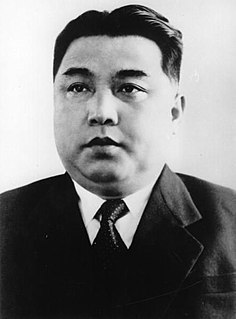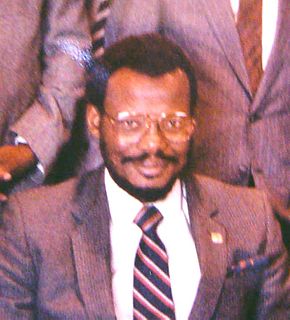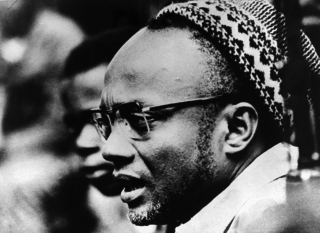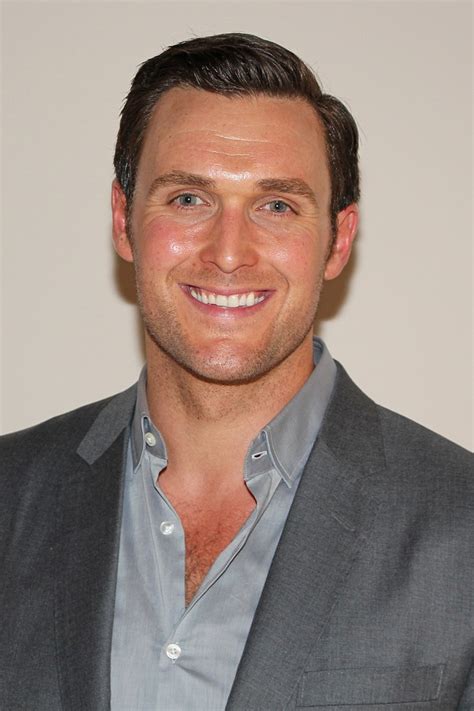A Quote by Leon Trotsky
The history of a revolution is for us first of all a history of the forcible entrance of the masses into the realm of rulership over their own destiny.
Quote Topics
Related Quotes
In a nutshell, the idea of Juche means that the masters of the revolution and the work of construction are the masses of the people and that they are also the motive force of the revolution and the work of construction. In other words, one is responsible for one's own destiny and one has also the capacity for hewing out one's own destiny.
The scientific observer of the realm of nature is in a sense naturally and inevitably disinterested. At least, nothing in the natural scene can arouse his bias. Furthermore, he stands completely outside of the natural so that his mind, whatever his limitations, approximates pure mind. The observer of the realm of history cannot be disinterested in the same way, for two reasons: first, he must look at history from some locus in history; secondly, he is to a certain degree engaged in its ideological conflicts.
History is not the story of strangers, aliens from another realm; it is the story of us had we been born a little earlier. History is memory; we have to remember what it is like to be a Roman, or a Jacobite or a Chartist or even - if we dare, and we should dare - a Nazi. History is not abstraction, it is the enemy of abstraction.
I don't. We've had three technological revolutions that have changed the course of human history, all driven by physics. In the first, the industrial revolution, physicists developed Newtonian mechanics and thermodynamics, which gave us the steam engine and machine power. The second technological revolution was the electricity revolution. That gave us radio, television, and telecommunications. Then, physicists developed the laser and the transistor.












































